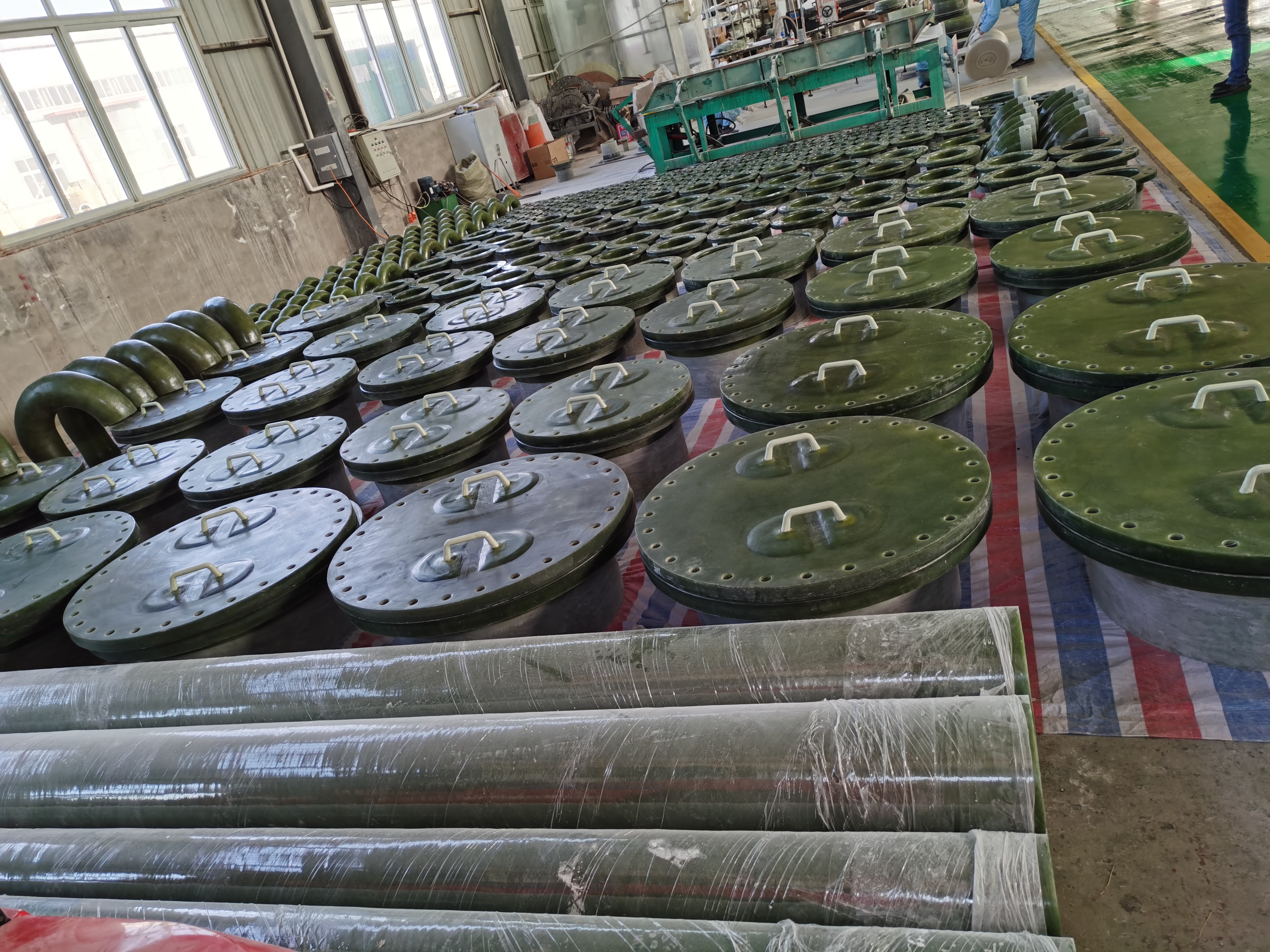
-
 Afrikaans
Afrikaans -
 Albanian
Albanian -
 Amharic
Amharic -
 Arabic
Arabic -
 Armenian
Armenian -
 Azerbaijani
Azerbaijani -
 Basque
Basque -
 Belarusian
Belarusian -
 Bengali
Bengali -
 Bosnian
Bosnian -
 Bulgarian
Bulgarian -
 Catalan
Catalan -
 Cebuano
Cebuano -
 China
China -
 China (Taiwan)
China (Taiwan) -
 Corsican
Corsican -
 Croatian
Croatian -
 Czech
Czech -
 Danish
Danish -
 Dutch
Dutch -
 English
English -
 Esperanto
Esperanto -
 Estonian
Estonian -
 Finnish
Finnish -
 French
French -
 Frisian
Frisian -
 Galician
Galician -
 Georgian
Georgian -
 German
German -
 Greek
Greek -
 Gujarati
Gujarati -
 Haitian Creole
Haitian Creole -
 hausa
hausa -
 hawaiian
hawaiian -
 Hebrew
Hebrew -
 Hindi
Hindi -
 Miao
Miao -
 Hungarian
Hungarian -
 Icelandic
Icelandic -
 igbo
igbo -
 Indonesian
Indonesian -
 irish
irish -
 Italian
Italian -
 Japanese
Japanese -
 Javanese
Javanese -
 Kannada
Kannada -
 kazakh
kazakh -
 Khmer
Khmer -
 Rwandese
Rwandese -
 Korean
Korean -
 Kurdish
Kurdish -
 Kyrgyz
Kyrgyz -
 Lao
Lao -
 Latin
Latin -
 Latvian
Latvian -
 Lithuanian
Lithuanian -
 Luxembourgish
Luxembourgish -
 Macedonian
Macedonian -
 Malgashi
Malgashi -
 Malay
Malay -
 Malayalam
Malayalam -
 Maltese
Maltese -
 Maori
Maori -
 Marathi
Marathi -
 Mongolian
Mongolian -
 Myanmar
Myanmar -
 Nepali
Nepali -
 Norwegian
Norwegian -
 Norwegian
Norwegian -
 Occitan
Occitan -
 Pashto
Pashto -
 Persian
Persian -
 Polish
Polish -
 Portuguese
Portuguese -
 Punjabi
Punjabi -
 Romanian
Romanian -
 Russian
Russian -
 Samoan
Samoan -
 Scottish Gaelic
Scottish Gaelic -
 Serbian
Serbian -
 Sesotho
Sesotho -
 Shona
Shona -
 Sindhi
Sindhi -
 Sinhala
Sinhala -
 Slovak
Slovak -
 Slovenian
Slovenian -
 Somali
Somali -
 Spanish
Spanish -
 Sundanese
Sundanese -
 Swahili
Swahili -
 Swedish
Swedish -
 Tagalog
Tagalog -
 Tajik
Tajik -
 Tamil
Tamil -
 Tatar
Tatar -
 Telugu
Telugu -
 Thai
Thai -
 Turkish
Turkish -
 Turkmen
Turkmen -
 Ukrainian
Ukrainian -
 Urdu
Urdu -
 Uighur
Uighur -
 Uzbek
Uzbek -
 Vietnamese
Vietnamese -
 Welsh
Welsh -
 Bantu
Bantu -
 Yiddish
Yiddish -
 Yoruba
Yoruba -
 Zulu
Zulu
Importance of Selecting the Right Anchor Drill Bits in Construction Projects
The Importance of Drilling Anchor Drill Bits in Construction
In the realm of construction, the integrity and stability of structures play a crucial role in ensuring safety and longevity. One of the pivotal elements that contribute to this stability is the installation of anchor systems. Within this domain, drilling anchor drill bits emerge as indispensable tools, integral to the overall success of anchoring procedures.
Anchor systems provide the necessary support to withstand various loads, be it vertical, lateral, or uplift forces. They are widely used in a multitude of applications, from securing buildings to preventing landslides, and even in the construction of bridges and retaining walls. The effectiveness of these anchor systems largely hinges on the precision and quality of the drilling involved. This is where drilling anchor drill bits come into play.
Drilling anchor drill bits are specially designed tools that facilitate the creation of boreholes in a variety of substrates, including soil, rock, and concrete. These bits are engineered to penetrate tough materials, enabling the installation of anchors that will ensure a secure hold against dynamic and static forces. Selecting the appropriate drill bit is critical; the choice can vary based on the type of anchor being utilized, the material being drilled, and the environmental conditions of the site.
drilling anchor drill bits is a crucial task in the construction

The design of anchor drill bits varies considerably based on their intended use. For instance, carbide-tipped bits are favored for their durability and ability to cut through tough materials, making them ideal for drilling into concrete and masonry. Conversely, rotary drill bits equipped with specialized teeth are often used for softer materials. Additionally, the size of the drill bit plays a significant role; it must align with the specifications of the anchor being installed to ensure a perfect fit and effective load distribution.
Precision in drilling is paramount. An inaccurately drilled hole can lead to compromised structural integrity, resulting in potential failures that could endanger the entire structure. Thus, the use of high-quality anchor drill bits not only enhances drilling efficiency but also mitigates risks associated with incorrect installation. Ensuring that the drill bits are well-maintained and regularly inspected is equally important, as worn-out or damaged bits can result in imprecise drilling and increased labor costs due to the need for rework.
Furthermore, advancements in technology have led to the development of specialized drilling systems that incorporate innovative drill bit designs. These systems often include features such as adjustable speeds and torque controls, which offer operators greater versatility to adapt to varying conditions on-site. This adaptability is particularly beneficial in construction projects that encounter unexpected geological variations.
In conclusion, drilling anchor drill bits are a fundamental component in the construction industry, particularly when it comes to the installation of reliable anchor systems. Their role in ensuring precise and secure boreholes cannot be overstated, as they directly affect the performance and safety of structures. As techniques and technologies evolve, staying informed about the latest advancements in drill bit design and application will empower construction professionals to make informed decisions, ultimately leading to safer and more durable building practices. By prioritizing the selection and maintenance of quality drilling anchor bits, the construction industry can continue to uphold its commitment to safety, efficacy, and excellence in structural integrity.









